A lemon is a car that which has a defect that cannot be repaired no matter how many times you try. Lemons are estimated to affect 1% (150,000) of cars every year, according to NoLo, and can be either new or used. How can you avoid buying a lemon vehicle?
While there is no 100% guarantee that your new car isn’t a lemon, there are plenty of things you can do to avoid buying a bad used car. Here are our top recommendations.
Do Your Research
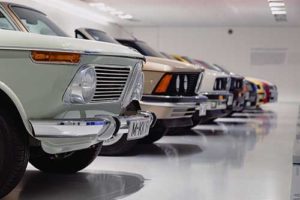 Buying a car is an investment, so it’s important that you do your research before you buy. The more informed you are, the better equipped you are to spot problems with candidates.
Buying a car is an investment, so it’s important that you do your research before you buy. The more informed you are, the better equipped you are to spot problems with candidates.
When you’re shopping for a new or used car, always check:
- Reliability of the vehicle line for the model year
- Past and present recall notices
- Known manufacturers’ defects
- Types of warranties available and what these warranties cover
- Quality control ratings
- Safety ratings
- Vehicle history and Carfax
By doing your research along the way, you can rule out bad fits and save yourself both time and money.
Check the Vehicle’s Repair History
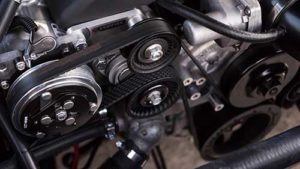 In addition to these more general research points, you should also take an in-depth look at the specific vehicle you plan to purchase. A car that has a lot of repairs, especially if they appear to be for the same thing, is at an increased chance at being a potential lemon.
In addition to these more general research points, you should also take an in-depth look at the specific vehicle you plan to purchase. A car that has a lot of repairs, especially if they appear to be for the same thing, is at an increased chance at being a potential lemon.
You should also take the vehicle’s mileage into consideration when looking at the repair history. Newer cars should need fewer repairs. Similarly, a car with lower mileage shouldn’t need a lot of repairs. If you see a newer car with low mileage that needs a lot of repairs for its age, you may want to have the car inspected by an independent mechanic to find out what other problems you might expect down the line.
Inspect the Car – Inside and Out
 While you may not be able to identify mechanical problems on your own, a visual inspection can still tell you a lot about the car. Check the inside and outside of the car to look for engine, structural, and water damage that can cause long-term problems. Of these, water damage is by far the worst from a long-term cost standpoint. After all, water and mechanical parts don’t mix!
While you may not be able to identify mechanical problems on your own, a visual inspection can still tell you a lot about the car. Check the inside and outside of the car to look for engine, structural, and water damage that can cause long-term problems. Of these, water damage is by far the worst from a long-term cost standpoint. After all, water and mechanical parts don’t mix!
Signs of vehicle water damage include:
- A strange smell that doesn’t go away after leaving the windows open
- Visible water lines in the floorboard or footwells
- Unexplained electrical issues
- Water stains on the upholstery
- Rust on the undercarriage of the vehicle
- Rust inside the engine
If you are uncertain whether the vehicle may have water damage, ask the dealer for a vehicle history report. You can also have the vehicle inspected by an independent mechanic like T3 Atlanta. We’ll be able to tell for certain if the vehicle has experienced water damage.
Avoid Cars with After-Market Accessories
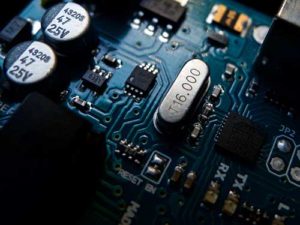 After-market accessories like mufflers, electronics, speakers, or other electrical system add-ons might sound attractive, but there are a lot of hidden dangers with these neat extras.
After-market accessories like mufflers, electronics, speakers, or other electrical system add-ons might sound attractive, but there are a lot of hidden dangers with these neat extras.
Problems of aftermarket accessories include:
- Warranties: Few after-market accessories are covered under warranties. In some cases, they actually void the vehicle’s original warranty, leading to increased long-term costs for unrelated problems in other parts of the car.
- Electrical system incompatibility: After-market accessories aren’t always compatible with your electrical system. Your vehicle is designed to disperse a certain electrical flow across all the onboard electronics. After-market accessories drain from this flow and put a greater strain on your electrical system that can cause electrical problems.
- Poor Installation: Unfortunately, after-market accessories are not always installed correctly. Sometimes the problem is due to the user, and sometimes the fault lies with the compatibility with the device and your vehicle. Poor installation can cause power fluctuations, affect other electronic systems, and cost you a good deal of time, money, and frustration.
Have your Potential New Car Inspected at T3 Atlanta
 There’s nothing like the excitement of new car ownership crashing to a stop because of an unexpected repair bill. T3 Atlanta recommends that you have any vehicle that you are strongly considering inspected before you buy. If the dealer you’re planning to shop with refuses to let the vehicle be inspected by an independent mechanic, that’s a red flag you should not ignore.
There’s nothing like the excitement of new car ownership crashing to a stop because of an unexpected repair bill. T3 Atlanta recommends that you have any vehicle that you are strongly considering inspected before you buy. If the dealer you’re planning to shop with refuses to let the vehicle be inspected by an independent mechanic, that’s a red flag you should not ignore.
At T3 Atlanta, we can inspect your prospective Lexus, Toyota, Nissan, or Infiniti and let you know what repairs are needed. We’ll assess the vehicle’s condition and identify potential short-term and long-term problems, saving you time, money, and hassle down the road. Don’t saddle yourself with a lemon! Give us a call today.




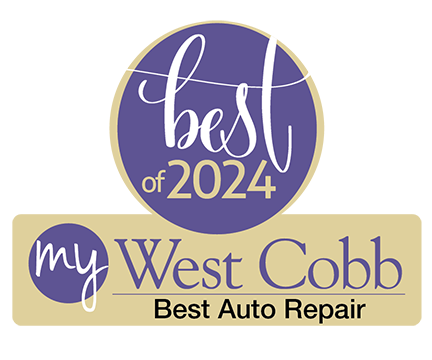


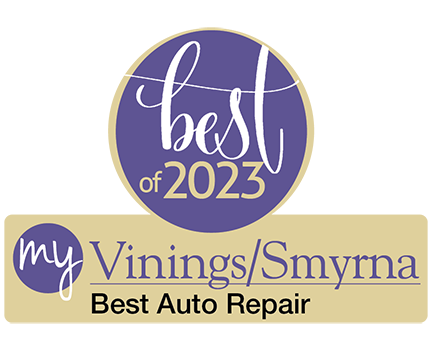
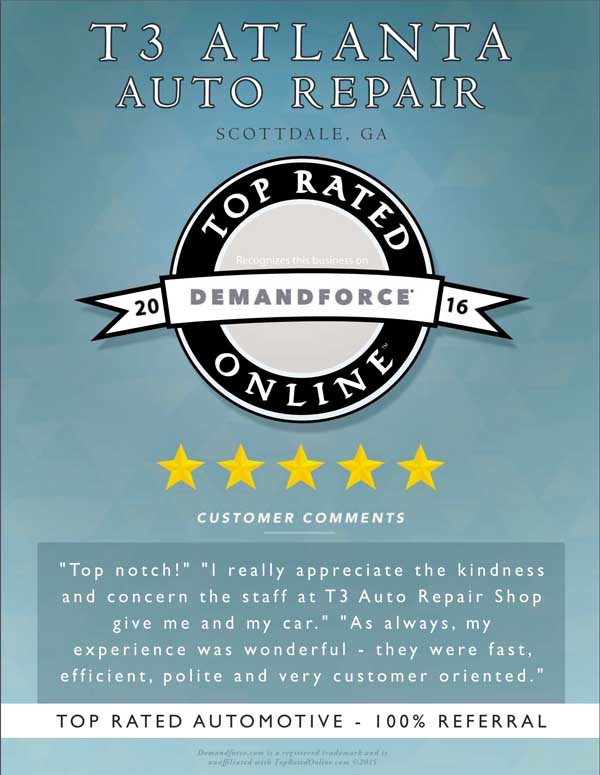

Leave a Reply
You must be logged in to post a comment.